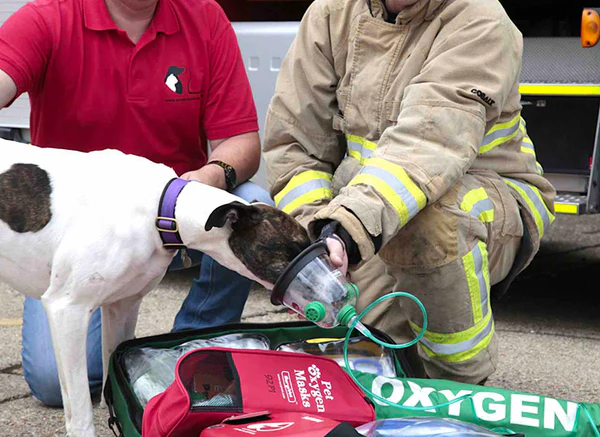Are French Bulldogs Easy to Train? Tips and Tricks for Success
작성자 정보
- Ismael 작성
- 작성일
본문

blue color french bulldog Bulldogs, often affectionately known as "Frenchies," are beloved for their charming personalities and adorable appearances. However, when it comes to training, many potential owners wonder if these dogs are easy to train. The answer is nuanced and depends on several factors, including the dog's individual temperament, the owner's training methods, and the consistency of training efforts. This case study explores the challenges and successes of training French Bulldogs, providing tips and tricks for achieving positive results.
Understanding French Bulldogs
French Bulldogs are known for their stubborn streak, which can make training a bit more challenging compared to some other breeds. They are intelligent but can be independent thinkers, which means they may not always comply with commands out of sheer obedience. However, with the right approach, French Bulldogs can be trained effectively.
Challenges in Training French Bulldogs
- Stubbornness: French Bulldogs are known for their stubbornness, which can make basic obedience training a bit more challenging. They may require more patience and consistency from their owners.
- Distractibility: French Bulldogs are easily distracted by their surroundings, which can make training sessions more difficult. They may be more interested in exploring their environment than focusing on commands.
- Short Attention Span: French Bulldogs have a relatively short attention span, which means training sessions need to be short and engaging to keep them interested.
Tips for Successful Training
- Positive Reinforcement: Use positive reinforcement techniques, such as treats, praise, and play, to encourage good behavior. French Bulldogs respond well to rewards and are more likely to repeat behaviors that result in positive outcomes.
- Consistency: Consistency is key when training a French Bulldog. Use the same commands and rewards every time, and ensure that all family members are on the same page regarding training methods.
- Short Training Sessions: Keep training sessions short and fun to prevent your French Bulldog from becoming bored or frustrated. Aim for multiple short sessions throughout the day rather than one long session.
- Socialization: Socialize your French Bulldog from a young age to help them become comfortable with different people, animals, and environments. This can make training easier and help prevent behavioral issues.
- Patience and Persistence: Be patient and persistent in your training efforts. French Bulldogs may take longer to learn new commands, but with consistent practice, they can master them.
Case Study: Training a French Bulldog
Let's consider the case of Max, a 6-month-old French Bulldog. Max's owners, Sarah and John, were eager to train him but found that his stubbornness and distractibility made the process challenging. They decided to implement a structured training plan using positive reinforcement and consistency.
Initial Training
Sarah and John started with basic commands such as "sit," "stay," and "come." They used treats and praise to reward Max when he complied with their commands. They kept training sessions short, lasting no more than 5-10 minutes, and repeated them several times a day.
Overcoming Distractibility
Max was easily distracted by his surroundings, so Sarah and John began training in a quiet, distraction-free environment. As Max became more proficient in his commands, they gradually introduced distractions, such as toys and background noise, to help him learn to focus despite distractions.
Socialization
Sarah and John also made an effort to socialize Max from a young age. They took him to puppy classes, dog parks, and on walks in busy areas to help him become comfortable with different people and animals. This socialization helped Max become more confident and less reactive to new situations.
Consistency and Patience
Sarah and John were consistent in their training methods and commands. They ensured that all family members used the same commands and rewards, and they were patient with Max's progress. They understood that training a French Bulldog required time and persistence, and they were committed to seeing it through.
Results
After several months of consistent training, Max had made significant progress. He could reliably respond to basic commands and was more focused during training sessions. His socialization efforts had also paid off, as he was comfortable and confident in various environments.
Conclusion
Training a French Bulldog can be challenging due to their stubbornness and distractibility, but with the right approach, it is possible to achieve success. Positive reinforcement, consistency, short training sessions, socialization, and patience are key to training a French Bulldog effectively. By understanding the unique characteristics of French Bulldogs and tailoring training methods to their needs, owners can help their dogs become well-behaved and happy companions.
In the case of Max, Sarah and John's dedication and consistent training efforts resulted in a well-trained and confident French Bulldog. Their experience demonstrates that with the right approach, French Bulldogs can be trained successfully, making them wonderful pets for dedicated and patient owners.
관련자료
-
이전
-
다음

